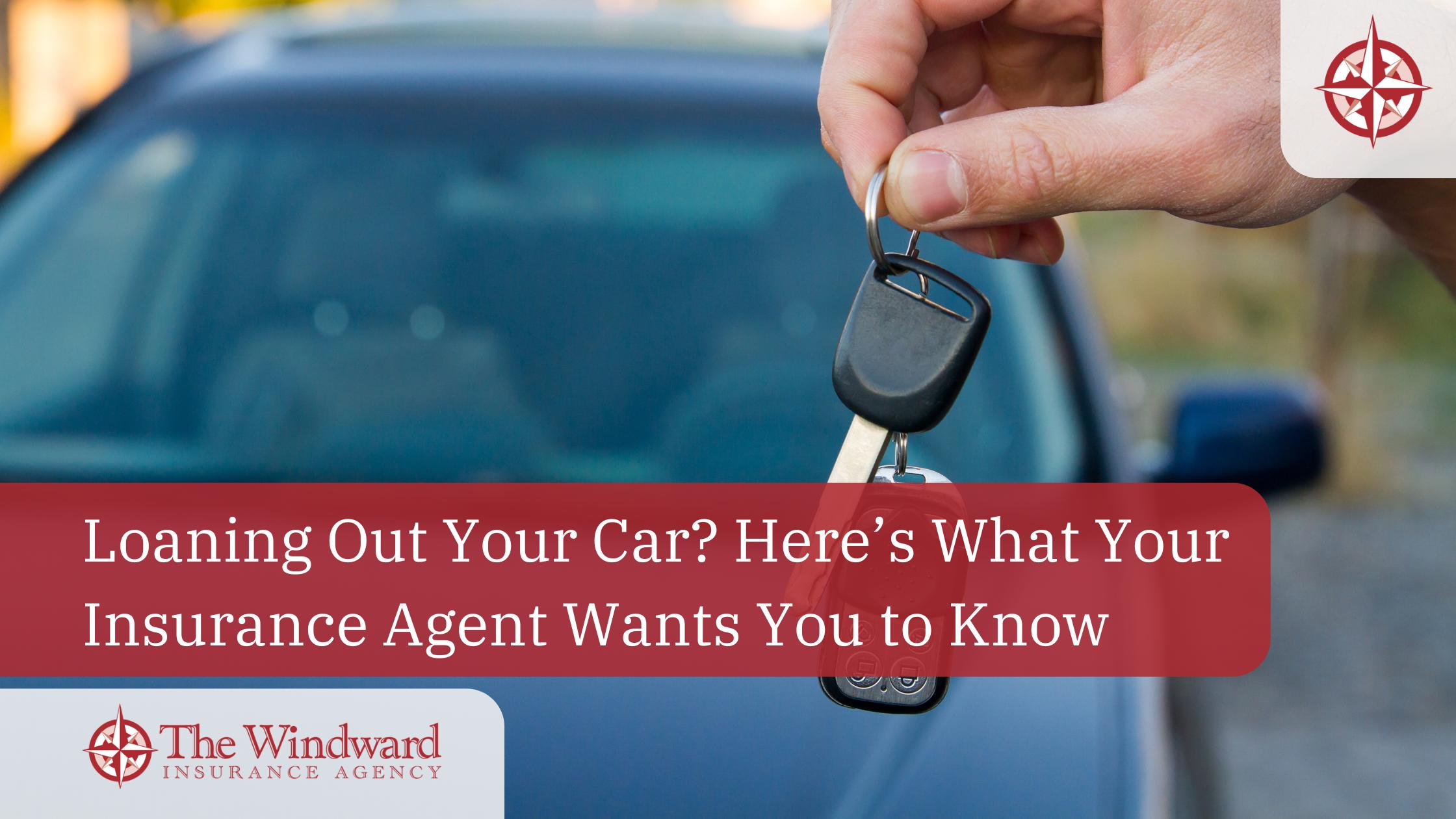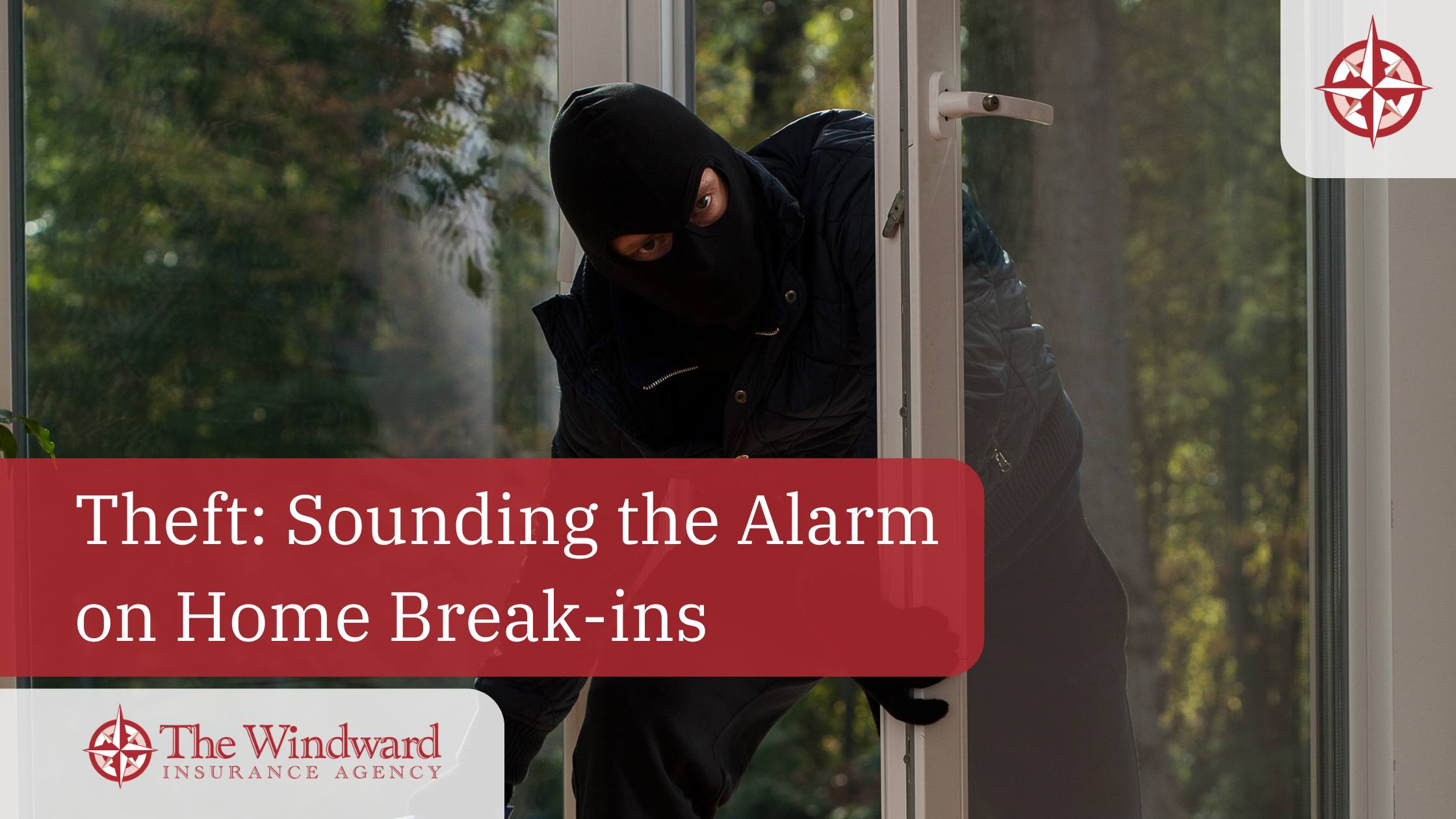For Florida homeowners, summer brings unique safety considerations due to the state's intense heat, frequent storms, heightened risks around water, and increased incidences of grill and home fires. Here are some essential do's and don'ts to help you navigate the season safely:
1. Water & Pool Safety
Drowning is the leading cause of unintentional death among children 1 to 4 years old, and the second leading cause for those up to 17 years old. Paying attention to safety is critical any time you’re around water – especially when children are involved.
Water & Pool Safety Do’s
- Do ensure your pool is secured against access by unsupervised children.
- Do maintain proper pool chemical levels.
- Do ensure anyone using the pool can swim & knows basic water safety.
- Do appoint an adult who knows CPR to watch when kids are swimming.
- Do establish and enforce pool rules like no running, no diving, etc.
- Do teach children to avoid drains or suction outlets in the pool.
- Do take a water safety course or swim lessons if needed.
Water & Pool Safety Don’ts
- Don’t allow children to swim without adult supervision.
- Don’t swim under the influence of drugs or alcohol.
- Don’t dive into water without knowing its depth and what’s beneath.
- Don’t swim alone. This goes for children and adults.
- Don’t overestimate your swimming ability; fatigue can lead to drowning.
- Don’t swim during a storm.
- Don’t use glassware around the pool; use plastic cups instead.
2. Managing the Heat & Humidity
The summer months in Florida can be excessively hot and humid. To minimize your risk of sunburn, heatstroke, dehydration, fainting, and the worsening of chronic medical conditions, be aware of the following summer safety do’s and don’ts.
Heat & Humidity Do’s
- Do use air conditioning and fans to keep your home cool.
- Do consider heat-blocking curtains and tint on windows/sliders.
- Do stay hydrated.
- Do avoid strenuous activities outside during the hottest parts of the day.
- Do have your AC system regularly cleaned/maintained.
- Do apply sunscreen when outside during the day – even when it’s cloudy.
- Do dress for the heat: lightweight, loose clothing; hat; sunglasses.
- Do know the signs of heat stroke: nausea, throbbing headache, confused, slurred speech.
Heat & Humidity Don’ts
- Don’t spend too much time in direct sunlight, especially from 10 am – 4 pm.
- Don’t drink water from lakes or streams, which may be contaminated.
- Don’t leave pets or children in parked vehicles.
- Don’t engage in strenuous activities without taking breaks.
- Don’t ignore weather advisories and heat alerts.
- Don’t eat heavy meals; it increases your metabolism & body temperature.
- Don’t use heavy creams/lotions, which may block pores & inhibit sweat.
- Don’t ignore the need for proper ventilation in your home.
3. Hurricane Preparedness
Florida homeowners know it’s not a matter of if but when the next hurricane will impact them. Early hurricane preparation helps you be prepared for whatever comes your way.
Hurricane Preparedness Do’s
- Do update your emergency supplies at home.
- Do make needed repairs (e.g., loose roof shingles, cracked window frame).
- Do keep trees and shrubs trimmed.
- Do keep the yard free of debris.
- Do have a disaster preparedness plan.
- Do check the functionality of your generator, if you have one.
- Do have a trusted way to reinforce windows/doors once a warning is issued.
Hurricane Preparedness Don’ts
- Don’t ignore hurricane watches/warnings or evacuation orders.
- Don’t wait until the last minute to prepare your emergency kit & go-bag.
- Don’t evacuate without your pets.
- Don’t rely on candles – use battery-powered flashlights/lanterns instead.
- Don’t tape windows; if anything, it will cause glass to break into bigger, more dangerous shards.
- Don’t use a generator indoors, in a garage or other enclosed spaces.
- Don’t drive through flooded streets.
4. Grill & Fire Safety
Fire is a very real concern when grilling. An average of 10,600 home fires each year are caused by grilling, according to the National Fire Protection Association (NFPA). Don't let your home go up in smoke when all you wanted was some good, home-cooked BBQ. To help ensure summer safety for you and your family this year, pay attention to the following grilling and fire safety tips.
Grill & Fire Safety Do’s
- Do position the grill at least 10’ away from your home or combustible items.
- Do clean the grill regularly to remove grease buildup.
- Do look for gas leaks: apply soapy water to the hose & look for bubbles.
- Do keep a fire extinguisher or bucket of sand nearby when grilling.
- Do let coals cool completely before tossing into a lidded metal container.
- Do install smoke and carbon monoxide detectors in your home.
- Do have a fire escape plan & practice it!
Grill & Fire Safety Don’ts
- Don’t leave a lit grill unattended.
- Don’t let children, pets, or inebriated adults near the grill.
- Don’t grill inside, in the garage, or in any enclosed space.
- Don’t use water to put out a grill fire; it may just spread the flames.
- Don’t keep gasoline or propane inside the home.
- Don’t leave the kitchen while you’re cooking.
- Don’t leave candles burning while you sleep.
5. Thunderstorms Mean Business
Hurricanes aren’t the only dangerous weather event in Florida. Thunderstorms darken our skies on more days per year than any other state in the nation. Because lightning causes thunder, every thunderstorm in Florida carries with it the potential to hurt or kill you. Lightning strikes can stop your heart, cause severe burns, and start fires – as well as cause neurological impairment, muscle injuries, hearing loss, and vision problems due to the intense voltage and heat. These days, according to National Weather Service storm data, the vast majority of people struck by lightning survive, but are left with varying degrees of disability.
Lightning & Thunderstorm Do’s
- Do stay informed about the weather when planning outdoor activities.
- Do seek shelter indoors during thunderstorms.
- Do stay away from windows, electrical equipment, and running water during a thunderstorm.
- Do wait 30 minutes after the last clap of thunder before going outside again.
- Do get inside a hard-top metal vehicle if there are no buildings to shelter in.
- Do use surge protectors for electronic devices in your home.
Lightning & Thunderstorm Don’ts
- Don’t ignore weather alerts.
- Don’t shelter under trees or other tall, isolated objects.
- Don’t lie flat on the ground; it increases your exposure from a ground strike.
- Don’t use wired electronics during a storm.
- Don’t assume you’re safe if it’s not raining.
- Don’t swim or be near bodies of water during a thunderstorm.
Enjoy Summer Fun in Florida With These Summer Safety Tips
We urge you to remember these summer safety tips to ensure a fun, accident-free season for you and your loved ones.
Should you need insurance to protect your home, boat, auto, and more, contact the friendly and caring professionals at The Windward Insurance Agency. We’ll walk you through your various options so you can make an informed decision. Get started with an online quote or call us at (866) 231-2433 for personal assistance.





